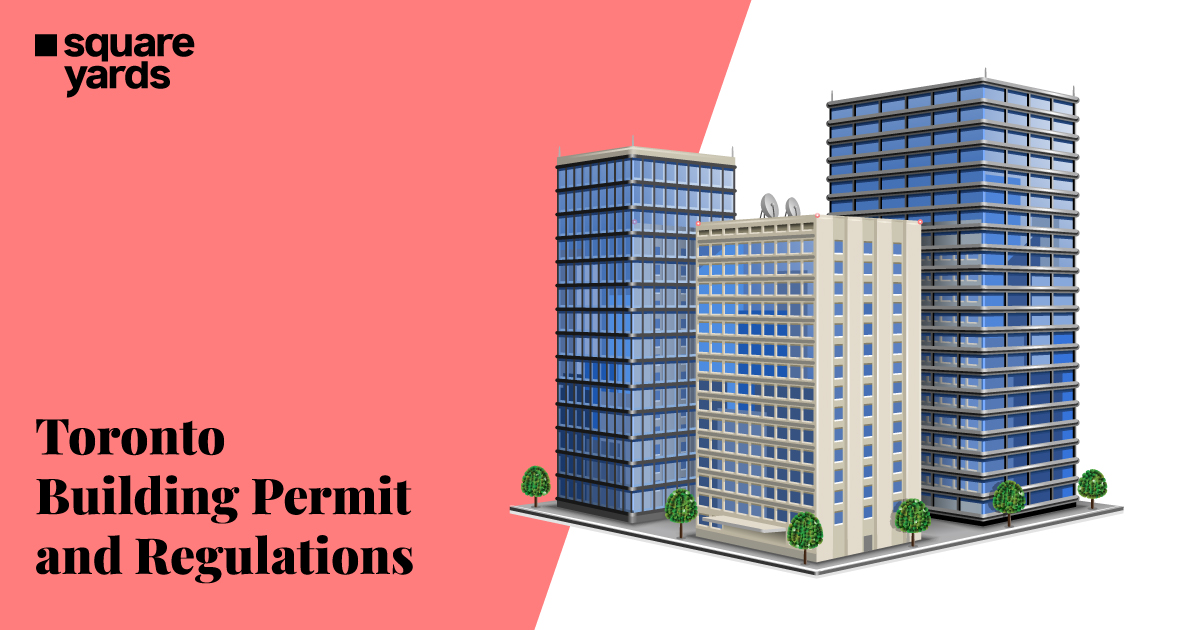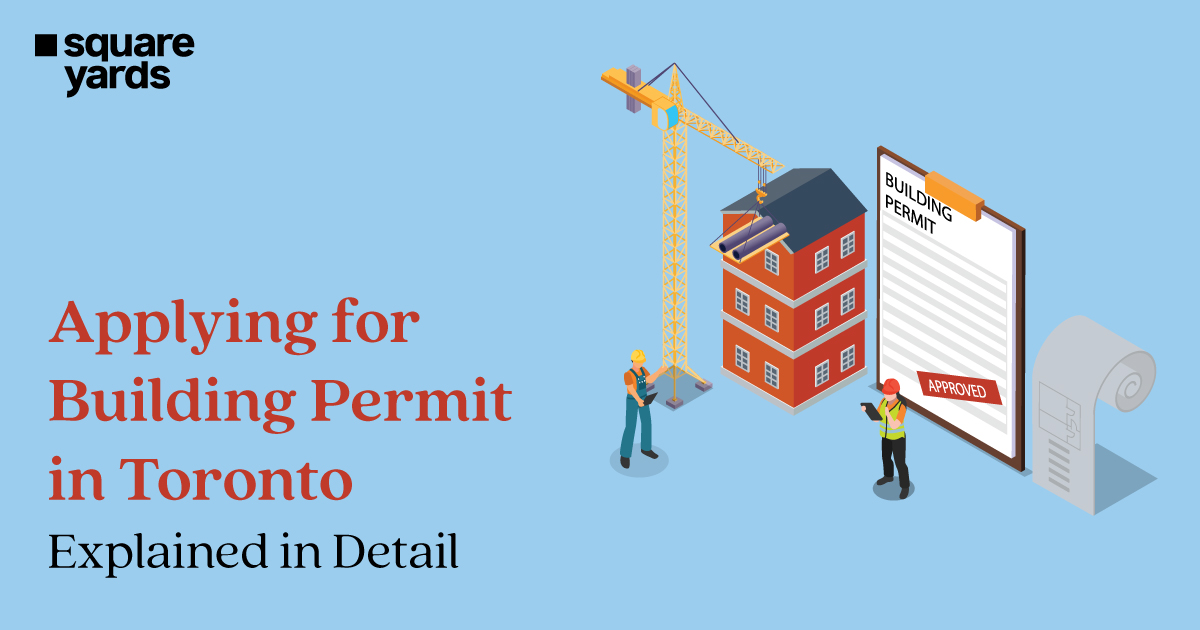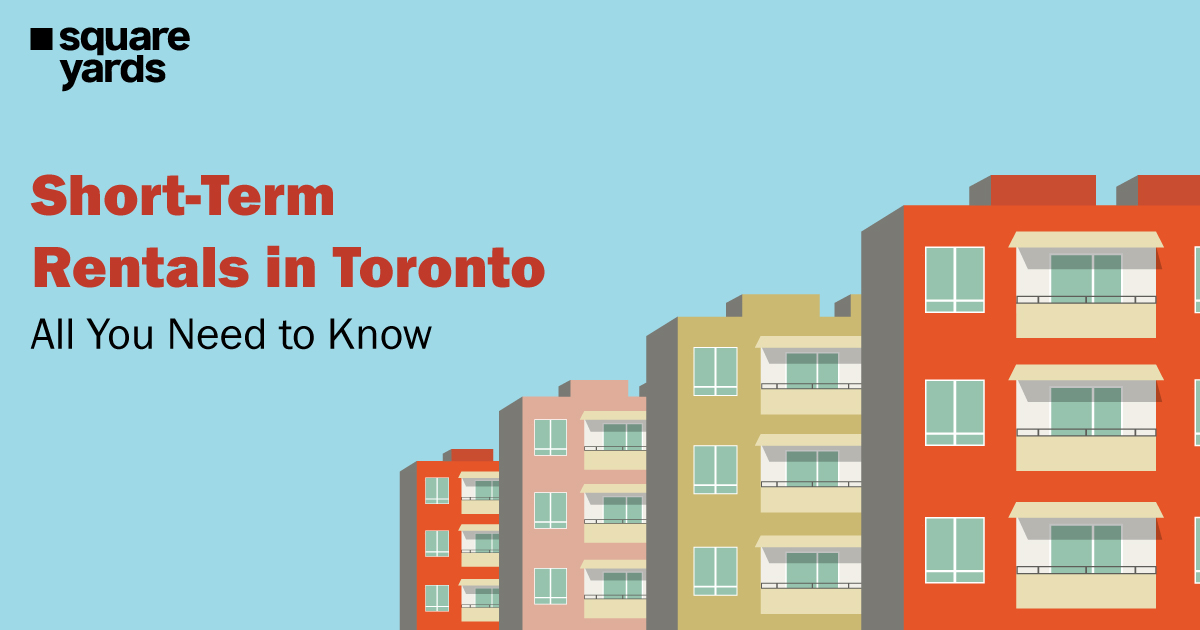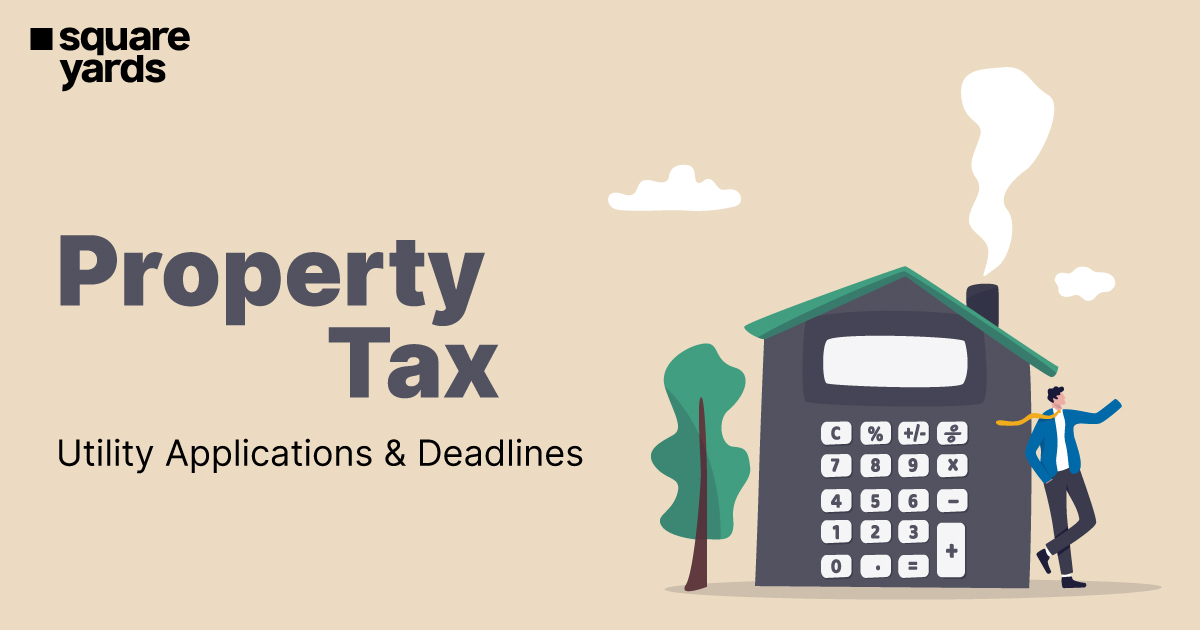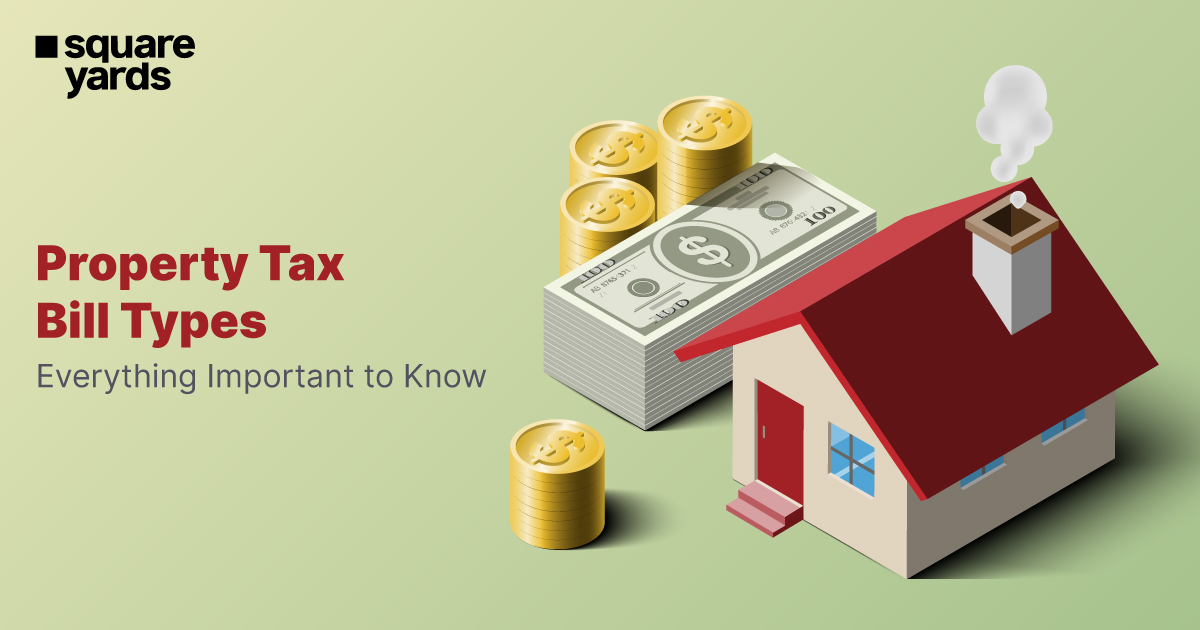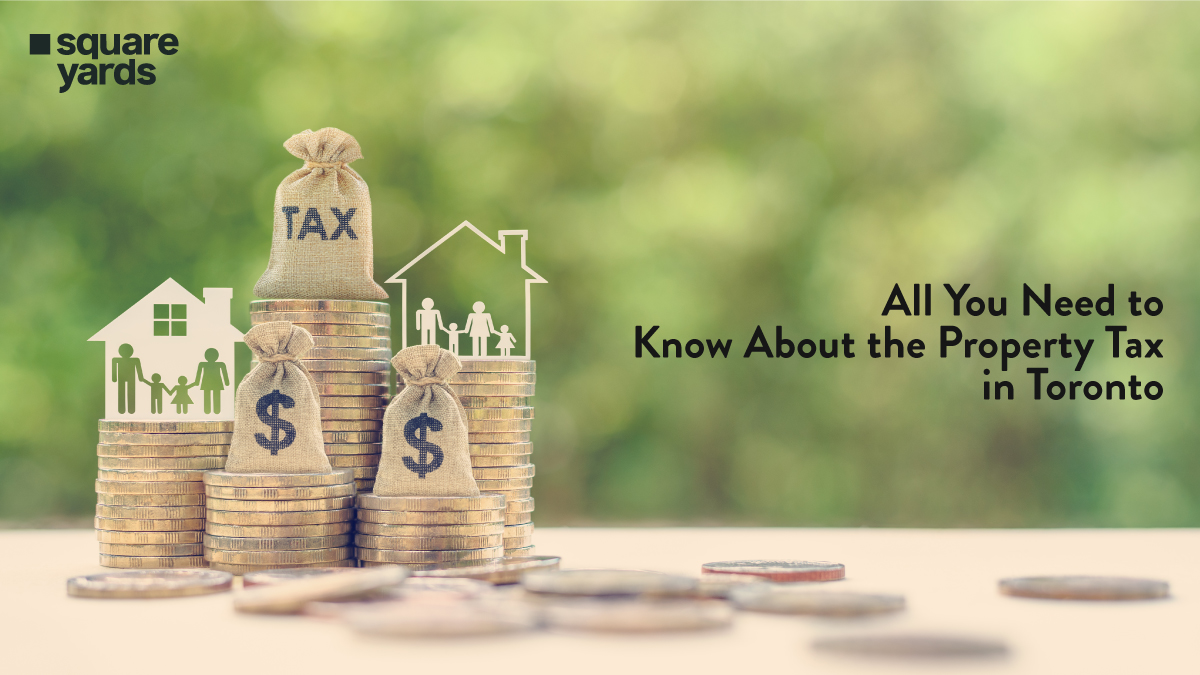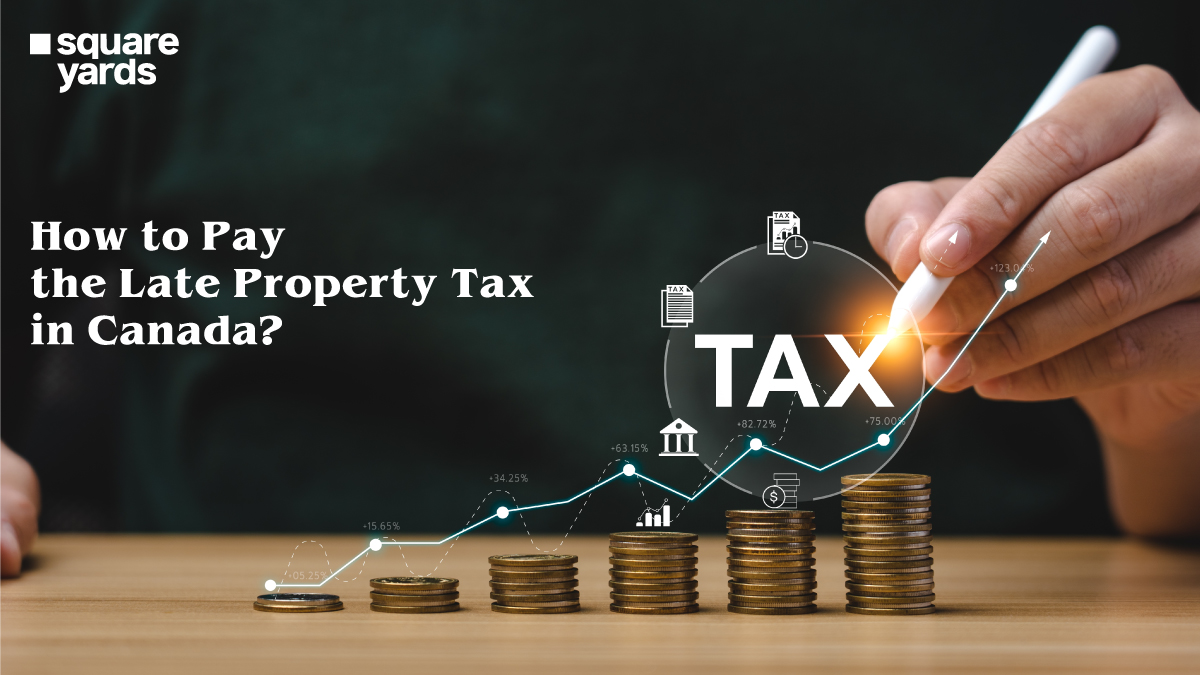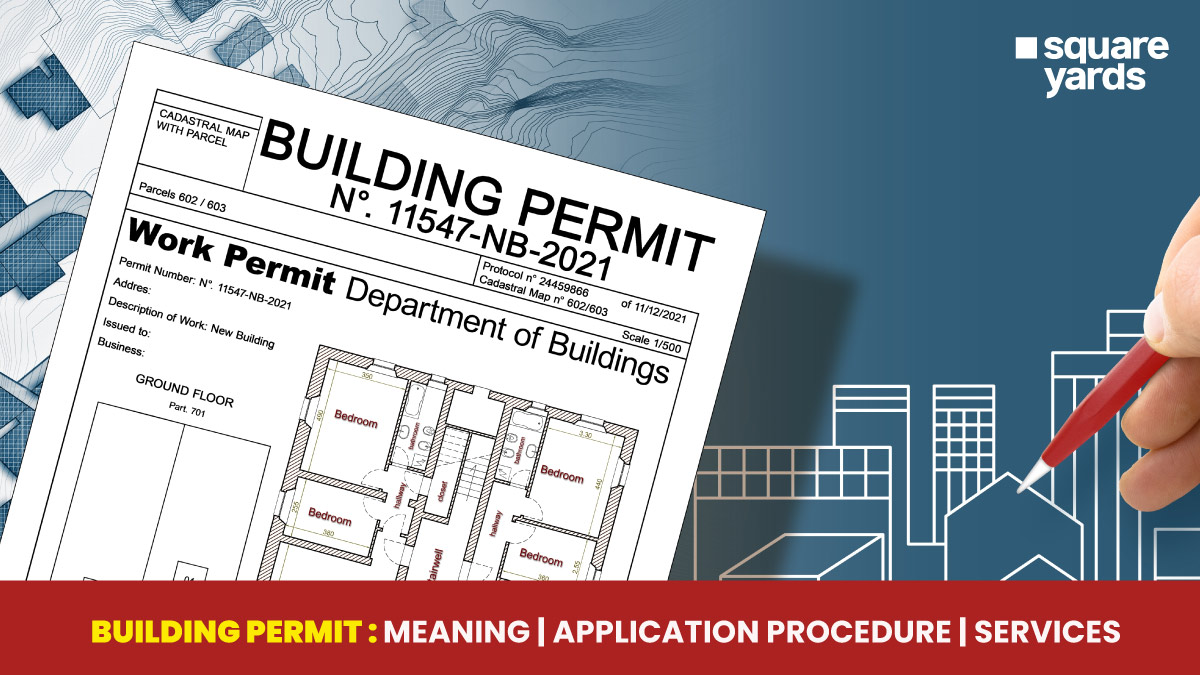Shifting is a global issue, especially for tenants with a travelling professional who needs to find a new settlement within a short tenure. Considering Toronto as a land of travellers, this creates another pain where loss on the security deposit and other contractual obligations arises for tenants who choose to vacant the space after just a month. Therefore, short-term rentals come as a saviour where owners lease their units of properties with payment exchange. Look at the umbrellas of concern and their policies to safeguard your stay expenses in Toronto. You can also understand characteristics of Short Term Vs Long Term Rentals.
What are Short-term Rentals?
A short-term rental is a housing tenure decided between a tenant and the service provider. Typically, if a property is being rented consecutively for less than 28 days with payment exchange, it is termed a Short-term rental. These services can be availed for a day, a week or even a month for residence or commercial purposes. However, short-term residential has been adopted highly around the globe. It includes amenities and services like breakfast and bed (B&B in abbreviation). Please note this structure of leasing out property is entirely different from hotels-motels.
Besides this, short-term apartment rentals do not offer any excessive benefits to the renters that are not listed in the services and are unpaid. It also limits the accommodation strength if more than the discussed residents come into the picture. There are three sets of leasing options such as unfurnished, semi-furnished and furnished short-term rental. Here are some important Renting tips for living in Canada as a student.
A brief acknowledgement of housing companies dealing in this aspect is required to understand the short-term rental in Toronto. These firms are dedicated to brokering reservations on housing on lease for less than a month. Generally, property management companies in Toronto operate this online for booking and payment processing by running an authentic website. But before any assumptions are made to start such a business, note that it comes under licence obligations that have to be availed from the government.
Considering short-term rental operators are those owners who choose to rent some portion or the whole property for or less than 28 days with monetary benefits. Before exercising the same, such practitioners must register with the city. Including this, they need to gather and remit 4% of their rental earnings as Municipal Accommodation Tax (MAT).
Considering the increase in short-term apartment rentals trend, the government have floated an official helpline number, 311, to contact the executives regarding any complaints against the owner or the property. In addition, there is an online portal through which tenants may raise a ticket complaint on aspects like noise, wastage and more.
Who Can Apply for Short-term Rentals?
Housing Toronto has no restrictions on who can go for short-term rentals, which means locals and outsiders, can avail of the service. Tenants looking for the service might search online portals that can offer properties per their requirements. They can also know the amenities and facilities added with charge brackets.
Short-term Rental Toronto Rules and Regulations
There are a few rules and regulations that have to be followed before you start a business in short-term rentals:
- Short-term rental owners need to be registered with the city.
- Paying 4% of their rental earnings as Municipal Accommodation Tax is important.
- Also, if the owner chooses to manage their property through rental property management companies in Toronto, the firm has to be certified by the authority before exercising the business.
Required Applications for Short-term Rentals in Toronto
To register for Short-term Rentals, one has to complete the processes that have to be as follows:
- A current Ontario photo card or driver's licence with your primary residence's address on it.
- Your ID must match the name(s) and address on your registration application.
- If a first and last name is present in the name, it must be entered in the corresponding fields.
- Your application will take longer to process if the single name field is utilised for non-single names.
- A valid credit card can be used to pay the annual registration fee. This card must be used within one year of the registration's approval.
- A name and contact information for a backup (emergency) contact who will be on call around the clock and take action in your place if you cannot. Your backup contact is required.
Fees and Process to Apply for Short-term Rentals
The fees and process for applying for short-term rentals may vary depending on the location and jurisdiction. However, standard fees for short-term rentals include application fees, taxes, and security deposits. To apply for a short-term rental, the following is a general process:
- Determine if short-term rentals are allowed in the location where you want to rent.
- Research different rental options and compare prices, amenities, and reviews.
- Contact the owner or property manager and ask any questions you may have.
- Submit an application, which may require personal and financial information and a background check.
- Pay the necessary fees, such as the application fee and security deposit.
- Sign a rental agreement that outlines the terms and conditions of the rental.
- Provide proof of insurance or purchase insurance if required.
- Arrange for payment of rent and any other fees.
Some locations may have additional requirements and regulations, such as registering the property as a short-term rental with the local government or obtaining a business license. Researching and understanding all local regulations before starting the short-term apartment rental process is important.
Fines for Violations of Short-term Rentals
The fines for violations on short-term rentals can vary depending on the location and the specific violation. Some common violations include operating a short-term rental without a proper license or permit, violating zoning regulations, exceeding occupancy limits, and causing disturbances to neighbours (e.g., noise complaints).
In some cities, fines for such violations can range from hundreds to thousands of dollars. It is best to check with the local government to understand the specific regulations and fines in a given area.
Cancellation of Registration on Short-term Rentals
There might be some situations where a vacation rental booking has to be cancelled. Under this, cancellation policies have been defined under three subheads as given below:
Flexible Short-term Rental Booking Cancellation Policy
- It offers a lot of flexibility and lets your visitors cancel up to 24 hours before their scheduled arrival.
- Prior to the deadline: The owner does not charge a cancellation fee if guests cancel their reservation before a day cutoff point.
- Following the deadline: The owner is obliged to pay the entire cost of the first night in case of a cancellation made after the cutoff time.
- After arrival: The visitor does not oblige the owner with an entire payment for the number of nights they have already spent at the hotel plus the cost of any extensive night if the reservation is cancelled after check-in.
Lenient Short-term Rental Booking Cancellation Policy
The flexible cancellation policy permits cancellations up to five days before the scheduled check-in.
- Within the time frame: They will be given a complete reimbursement of their reservation, and the property management companies in Toronto do not demand payment.
- After the cutoff: In the event of last-minute cancellations, visitors will be obliged to pay for one night but can receive a 50% refund for the remaining nights.
- After Check-in: If a guest cancels their reservation after checking in at the lodging, they have to pay for the number of nights they have already spent there, on an extensive night, and 50 per cent of the nights they haven't utilised.
Strict Short-term Rental Booking Cancellation Policy
Your guests must cancel between 2 days after booking and 14 days prior to their check-in to receive a full refund of the reservation.
- Prior to the deadline: The owner will receive a 50% refund of all the nights that make up the booking if they cancel between 7 and 14 days before their scheduled arrival.
- Following the deadline: The owner receives the full cost of the reservation if guests cancel after the cutoff time.
- No refund will be given for unused nights after arrival.
Benefits of Booking a Short-term Rental Registration
Here are the below-mentioned qualities that an owner can expect while practicing short-term rental housing in Toronto:
Higher Potential Returns
Short-term rentals have the significant benefit of allowing landowners to establish their own prices in accordance with demand, special occasions, and the time of year. They now have the freedom to raise in order to increase their rental returns. Consider that a landlord can increase the nightly fee for a few nights during peak tourist seasons, when people come to visit tourist attractions which may not be achievable with long-term rent.
Flexibility
Property owners have a lot of options when using short-term rentals. It gives property owners the freedom to utilise their space however they see fit, even to the point of excluding potential visitors whenever they wish to use the space.
Security and Upkeep of the Property
Rentals for a limited time keep household appliances functional. Additionally, since tenants only live in the house for a short while, it helps lessen the wear and tear of the property. Short-term rentals assist in preventing intrusions on your property while you are gone.
Minimum Engagement
It's easier to avoid unneeded commitments when tenants come and go. In short-term rentals, tenants stay for a short while before leaving and making room for new tenants at whatever time you specify.
Online Resources
Property managers can advertise using advertising methods for Canada real estate, identify, and manage potential renters for their rental properties more easily and quickly, thanks to online tools like Airbnb and VBRO.
Taxation Benefits
Certain exorbitant taxes placed on long-term managers do not apply to short-term rentals. In some areas, the local government has drastically lowered the introduced levy to support the sharing economy.
Unknown Facts to Know About Short-term Rentals in Toronto
Ensure the following aspects are fulfilled while being a part of a short-term service in the housing of Toronto that may save you from indulging in any legal issues:
- When making a reservation for a short-term rental in Toronto, ensure the listing or marketing includes the registration number granted by the city (in the format: STR-0000-XXXXXX). Short-term rentals without this registration number should not be rented.
- Only a person's primary residence, where they live and use for bills, identification, taxes, and insurance, may be used for short-term rentals.
- Short-term rental owners are prohibited from discriminating against tenants based on age, marital status, family status, citizenship, gender, sexual orientation, gender identity, or gender expression.
- Anyone with a disability cannot be denied service if they are renting their property briefly. This applies to anyone traveling with a service animal.
- In case of filing a complaint against the owner or the property manager, one can call on the helpline number 311, which is available to assist the tenants with concerns like noise, security exploitation and more.
Conclusion
Short-term rentals are a new phenomenon accepted in society globally to offer tenants who travel to different geographical regions. This is a contractual basis stay service with paid amenities as per the listing on the portal by the owner. The major reason behind the launch and success of such a leasing system is business professionals, or students who shift to a new place can save in their pockets. Also, they do not have to hustle to arrange comfort for themselves to stay happy. If you are looking forward to availing one such furnished short-term rental in Toronto, check out the options available NOW!
You May Also Read:








